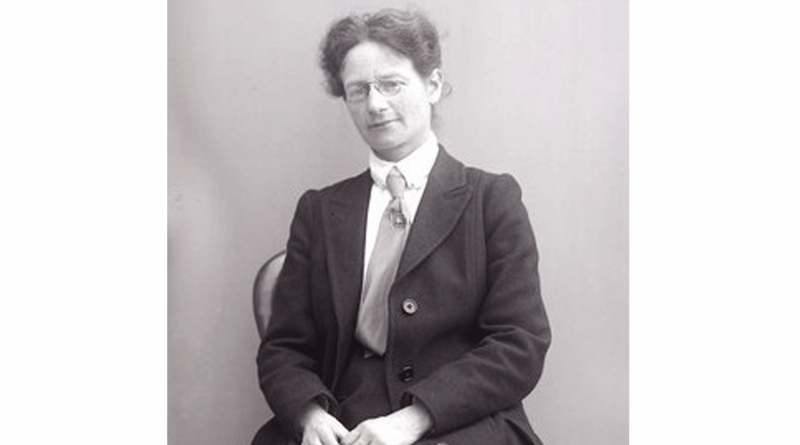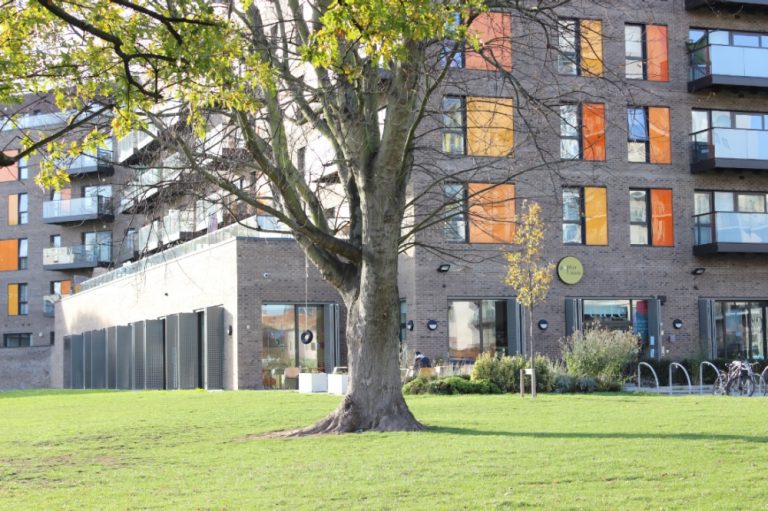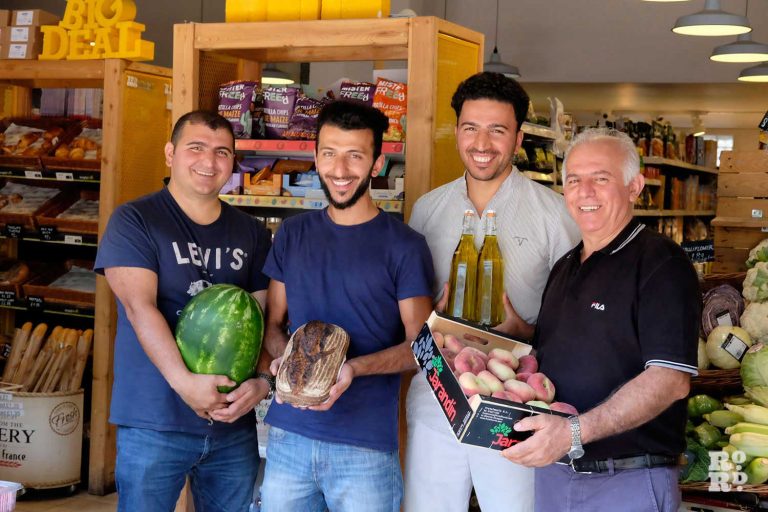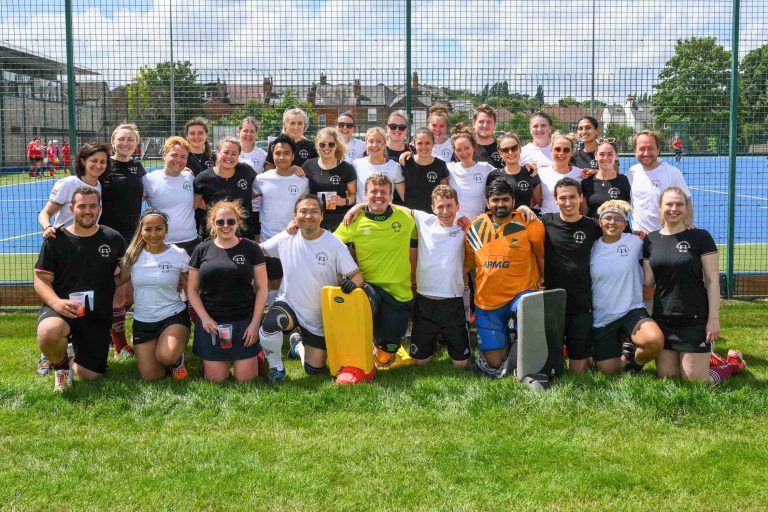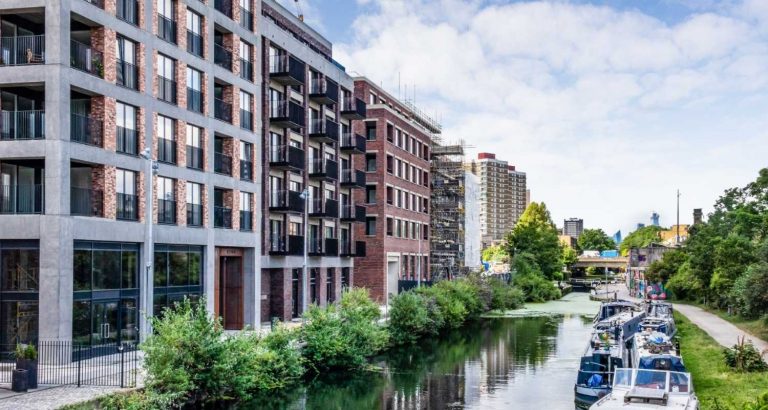Maud Joachim: Inside the life of a Suffragette who supported the women of the East End.
Maud Joachim may not be as famous a Suffragette as Sylvia Pankhurst but her work earned her a medal, which is now part of the Glasgow Women’s Library and her work in Bow makes her just as important to the history of the Suffragettes in the East End.
Maud Joachim is widely remembered as a militant suffragette and the recent news of her hunger strike medal being auctioned in Scotland has thrown her into the spotlight. However, she also has an important history of supporting the local community of women here in Bow and played an integral contribution to the legacy of the suffragettes in the East End.
Life in the East End
Following the split of the WSPU due to Sylvia Pankhurt’s disapproval of their social elitism, Joachim moved to the East End where she worked with working class communities that were impoverished during wartime. At this time, her beliefs surrounding women’s rights were no longer solely focused on securing the vote, she also sought to build a strong mass movement which empowered working women to demand their rights.
Joachim joined the socialist East London Federation of Suffragettes in August 1914, a time of crisis for working class women who were left to provide for their families whilst their husbands were conscripted to the war. The ELFS Women’s Hall at 400 Old Ford Road became a hub which supported a community in crisis, organised by suffragettes and ordinary women in the local area.
The ELFS also ran a food redistribution service which supplied rations to homes in Bow, Canning Town, Stepney and Poplar as well as opening a children’s clinic in a former pub in Bow called the Gunmakers Arms, symbolically renamed the Mother’s Arms in 1915.
Tackling unemployment was also part of the ELFS mission by appealing for jobs for women in the East End. Joachim herself was secretary of an unemployment bureau and helped to manage The Women’s Dreadnought newspaper alongside Sylvia Pankhurst and photographer Nora Smyth.
One of the most notable contributions of their unemployment strategy was the East London Toy Factory which opened in 1914 on 45 Norman Road. The factory provided women with manufacturing and trading experience whilst paying them an equal wage as their male counterparts, which was quite a feat for the time. According to Elizabeth Crawford, the author of The Suffragette Movement (1999), Maud Joachim was appointed manager of the ELFS Toy Factory but was ‘edged out by a more dominant personality’.

Hunger Strike and Medal
Joachim became involved in the suffragettes during the early years of the movement, joining the hard line of the Women’s Social and Political Union (WSPU) in 1907. She was arrested several times, spending three months in Holloway Prison for a deputation to Parliament alongside Emmeline Pankhurst in 1908.
Joachim’s most famous arrest came in 1909 whilst she was working in Aberdeen, Scotland. It was there that she was sentenced to prison after being arrested for interrupting a speech given by Winston Churchill to his constituency in Dundee.
During her sentence in Dundee prison, Joachim participated in a four-day hunger strike alongside three other suffragette women. It was the first hunger-strike by women in the history of Scotland, a tactic widely used by Suffragettes in the East End such as the Pankhurst family.
Following her release from Dundee prison, Joachim was awarded a Hunger Strike Medal by the WSPU for her bravery and commitment. As of recently, the medal was auctioned to Glasgow Women’s Library for £41,000.
Joachim’s medal is presented in traditional military-style, imitating the Victoria Cross with its original purple box and green velvet lining. The wording on the inside lid, printed in gold on white silk, reads: ‘Presented to Maud Joachim by the Women’s Social and Political Union in recognition of a gallant action, whereby through endurance to the last extremity of hunger and hardship a great principle of political justice was vindicated’.
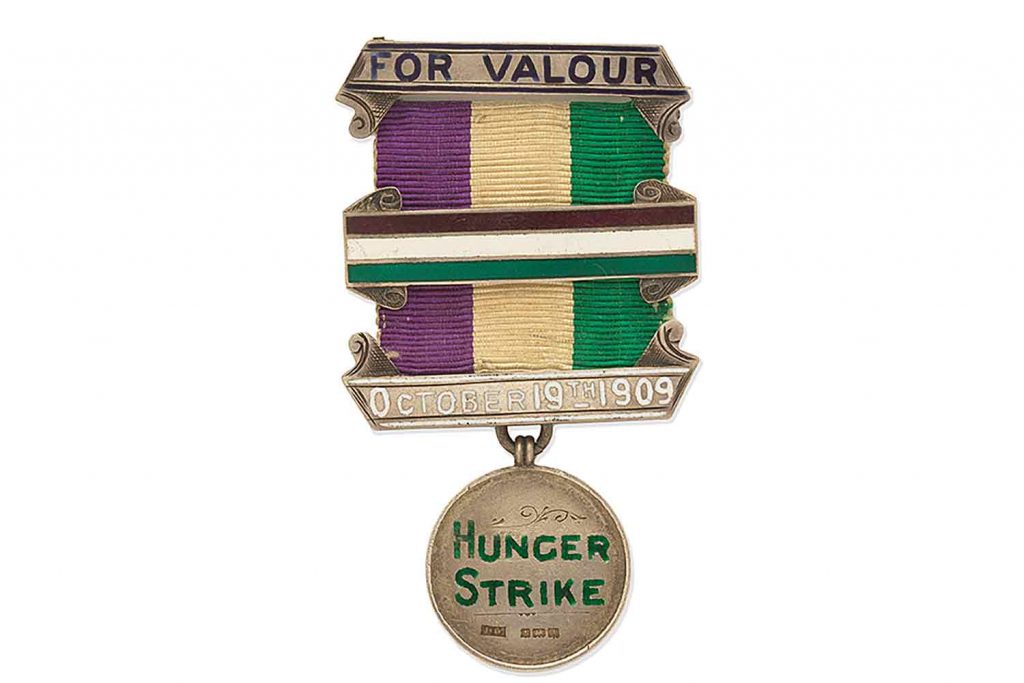
Writing about her feelings of camaraderie towards the suffrage movement in an article published by the official WSPU newsletter, ‘Votes For Women’: “What one finds on joining the WSPU is, that one is brought into contact with a great number of people whose ideals are the same as one’s own, and that the isolation and the reproach are things of the past.”
Following her release from Dundee prison, Joachim returned to the WSPU. However, in 1913 she began to distance herself from the organisation due to ideological disputes as their radical action became increasingly violent, resulting in arson.
Retiring from her militant beginnings, Joachim saw the East End as a place to focus on making a change to local communitities through more pacifist means. Eventhough securing the vote was a necessary and primary aim for women’s rights, working class women in the East End presented a platfrom in which structural imporvements to umployment childcare became just as ipmportant.
Life and Death
Born in Paddington on 1 August 1869, Maud Amelia Fanny Joachim was the child of Hungarian immigrants. Her father was a wool merchant and her paternal uncle was Joseph Joachim, a famous violinist and composer. An educated woman, she attended the University of Cambridge before joining the suffragettes, studying natural science at Girton College.
After the war, Joachim left the East End and worked with Sylvia Pankhurst on her anti-fascist Ethiopian campaign. Maud lived at Mouse Cottage, Steyning in West Sussex where she died in 1947. She left legacies to Sylvia Pankhurst and fellow suffragette Katherine Douglas-Smith.
Though seldom mentioned, Maud Joachim was an important member of the suffragette movement nationally and locally here in the East End. Her legacy continues to be remembered for her contribution to local community activism which impacted the lives of ordinary women in history.
If you’d like to learn more about the history of the Suffragettes in East London, read our article on the lesser known suffragettes in Bow.

